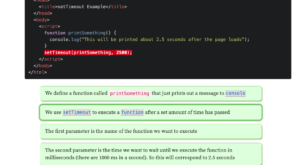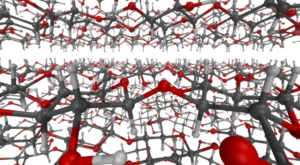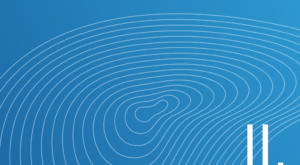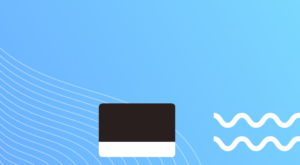Overview
It is no secret that today’s teachers must develop instructional styles that work well in diverse learning environments. Indeed, teachers should vary their teaching strategies, assignments, and learning activities [1] since students need opportunities to show their talents and learn in ways that work for them [2]. In fact, most teachers are willing to pick up new teaching methods and broaden their pedagogical skills, however in reality teachers are more than often lost in the plethora of existing methods and approaches, mainly because there is no centralized place to learn the best teaching practices. Instead, teachers have to search for different books and resources, which are scattered through uncountable websites and online libraries, and are often not adequately categorized. To overcome this situation, we propose to develop a database and an associated search interface to support teachers (and, by extension, anyone interested in developing their own teaching) to choose the right teaching methods for the given conditions of their course.
The database will grow over time, as more contributions from experienced teachers are collected. Furthermore, every teacher has different expectations, experience, ideas, and resources while designing a new course or even while teaching an existing course. Therefore, our database will index several teaching methods on the basis of different dimensions, or constraints, such as workload, classroom size, teacher and student experience, etc. This information will be easily accessed by means of a web-based search interface that will guide teachers to select the best teaching methods according to their own constraints, based on the above-mentioned dimensions. The database will be easily edited by means of a web-based admin interface.
References
[1] Chickering & Gamson (1987) Seven principles for good practice in undergraduate education.
[2] Davis (1993) Tools for Teaching.
Platforms and tools
Our database and search interface will be interconnected by means of an Application Programming Interface (API), so any Aalto developer will be able to create their own search interfaces and integrations, e.g. in MyCourses or even in mobile apps. We will use web technologies, possibly following the LAMP stack (Linux, Apache, MySQL, PHP) or similar (e.g. Nginx instead of Apache, PostgreSQL instead of MySQL). The database will use a relational engine such as MySQL or PostgreSQL, since the data to be stored is highly structured and interconnected. The API will be RESTful and JSON-based, since this is the industry standard for creating modern web applications and to interconnect third party services. It will be implemented over PHP or Django (Python); since both are widely used in the web development industry.
Finally, the admin and search interfaces will use a modern JavaScript framework such as Vue or Angular on the front-end and a tried-and-true web server such as Nginx on the back-end. To make these components fully interoperable and easily integrable, they will be deployed via Docker containers.
Pedagogical methods
We have an initial list of teaching methods distilled from the Handbook for teachers: course structures, teaching methods and assessment [Hyppönen & Lindén, 2009] that we will use to kickstart the pilot. We will then use the valuable knowledge of pedagogical professionals, which will be gained through a dedicated workshop, to both enlarge and generalize the list for broader use. We will also consult https://unips.fi/modules/. In particular, the list of publications will be followed closely.
Links & Materials
We have created a web-based proof-of-concept prototype where teachers can give as inputs some conditions under which they have to design their course, and our prototype returns a list of teaching methods that suit best the specified conditions. This prototype can be accessed at https://luis.leiva.name/atm/
People
Luis Leiva
School of Electrical Engineering, Department of Communications and Networking
Pilot leader
Martin Andraud
School of Electrical Engineering, Department of Electronics and Nanoengineering
Pilot leader
Pantelis Lioumis
School of Science, Department of Neuroscience and Biomedical Engineering
Pilot leader
Floran Martin
School of Electrical Engineering, Department of Electrical Engineering and Automation
Pilot leader






